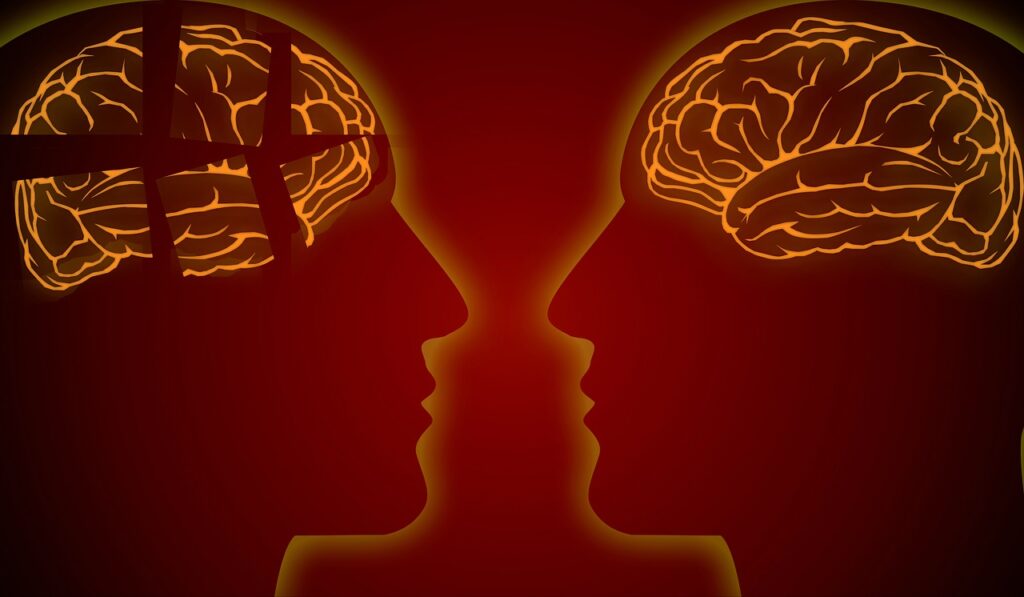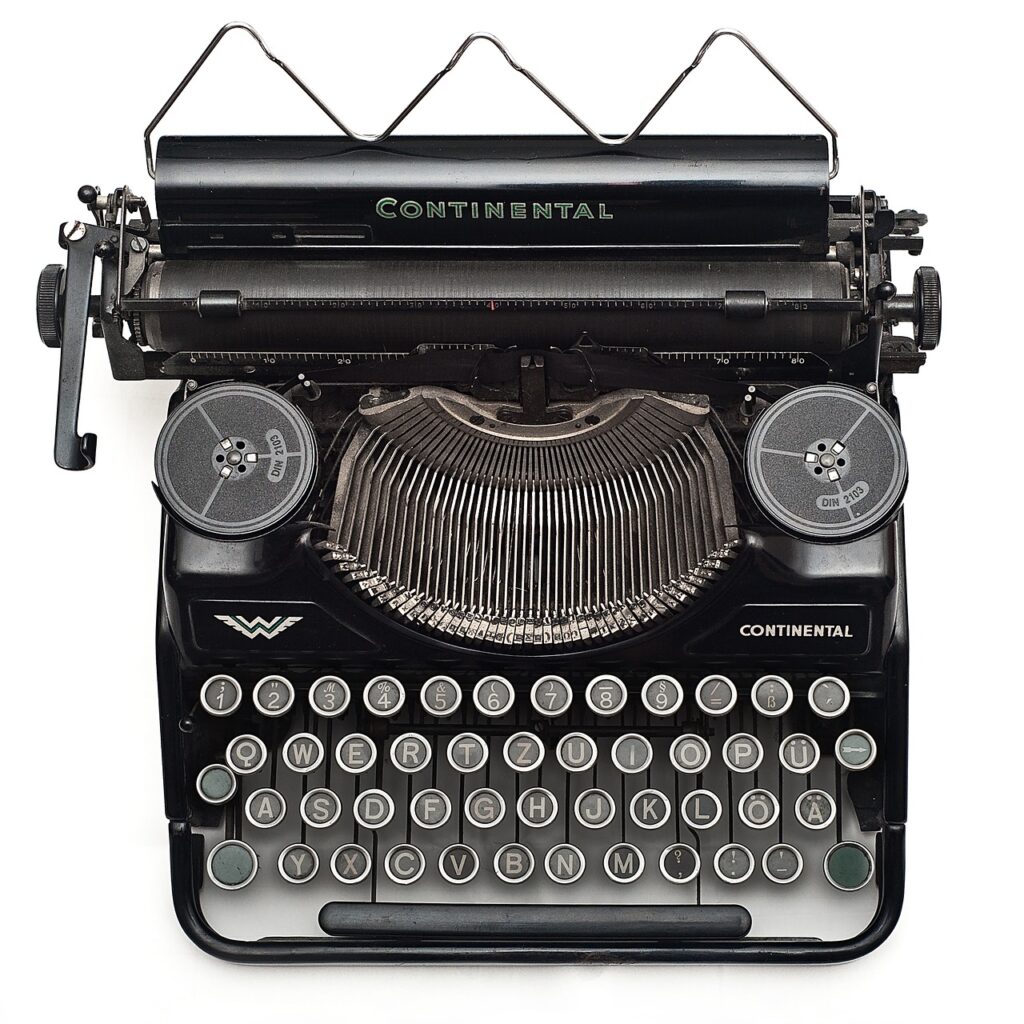Other Writings…

Old Friends
By Michele Drier
I was shocked last week when I heard about the death of a high school acquaintance.
It’s not unusual to read about the death of someone you once knew, but it brings home the fact that you’ll never have a conversation with that person again. I’ve lost several friends and relatives over the years, including my mother, my grandmother and an adored uncle. These people are part of me, literally, and I talk to them daily in my thoughts.
Others visit occasionally, memories of them jogged by an event, a turn of phrase, a certain place. When I read about Treva’s death, I remembered John Ross. These were two people who crossed my life at very different times, in very different circumstances. Treva brought back my teens—a few years of angst tucked back in my memory banks. But John brought back my struggles as a poor, single mother and my need to write.
I met John in Humboldt County, in far northern California. He was a poet, a writer, a sometime journalist and one of the most intense people I’ve ever known. We were both part of a group trying to get an alternative newspaper started with no money but a lot of liberal zeal.
Over the next seven years, we were close. John was an old leftie from the Beat years, born to noted parents in New York. He was proud of the fact that his birth was announced in Walter Winchell’s column and by eighteen, he was reading his poetry in Greenwich Village bars, accompanied by bass player Charles Mingus.
He always joked that his formal education consisted of two boxes of books “liberated” from the New York Public Library that he took with him for an extended stayin an indigenous community in the Michoacan state of Mexico. They must have been celebrated books, because he was well-read. We shared a passion for e.e.cummings and he used to call me his “Secret Wife” though I was never sure why.
He was forever broke, living on disability and occasional odd jobs, including a stint planting and harvesting lilies at a commercial nursery. Today, he’d probably be called “occasional homeless”, primarily living in the back bedrooms and on couches of various women.
He called one night, on the verge of hysteria. He’d been renting an apartment, but was being evicted for non-payment of rent, he’d washed all of his identification in the pocket of a pair of jeans and was having free-floating anxiety. I loaded my daughter in the car and went to cook him dinner.
As I cooked, he raged around the tiny kitchen, ranting that the “capitalist landlord” was unfair. All he, John, needed was a quiet place where he could write, without all the other worries and burdens of life.
I moved from Humboldt County to Southern California, John moved to San Francisco, and I’d hear about him every so often. When I went back into journalism, he’d pop up in the pages of the San Francisco Chronicle every once in a while. One time was in 2005 when his book, “Murdered by Capitalism: 150 Years of Life and Death on the American Left” was reviewed. Thomas Pynchon wrote a blurb and the book won the Upton Sinclair Award.
This came ten years after he received the American Book Award for his reportorial work “Rebellion for the Roots: Zapatista Uprising in Chiapas”.
Another time was May 12, 2009 when the San Francisco Board of Supervisors declared it John Ross Day.
I don’t know how he found the quiet space and peace in his soul to write. I’d like to think he’d be proud of me for finally coming to the life of a writer. And now I fully understand his meltdown that dark night.
I’m still looking for that quiet place to just write.
John died of cancer January 17, 2011 in Lake Patzcuaro, Mexico. Every so often I reread his letters to his Secret Wife.
A Day in the Life of Matt Jorgenson (Excerpt from Ashes of Memories)
By Michele Drier
The day my dad’s caregiver called and told me my dad couldn’t remember how to button his shirt was the day I had to make one of the hardest decisions.
He’d developed Alzheimer’s gradually and over the past three years had been able to live in his home with a caregiver. The disease was too great now and he needed to be moved into a Memory Care facility. Locked doors, twenty-four-hour care.

This meant he’d be abandoning the home in Bakersfield that I’d grown up in, the home that my dad built for his family, my mother and me. I moved away better than a decade ago, heading for law school and a career in San Francisco, shaking the dust of the Central Valley off my shoes and not looking back. As much as I loved him, I couldn’t give up my life in the Bay Area, particularly now that I’d met Jennifer.
Alzheimer’s, the concern for my father and the gnawing fear that I may be headed for the same diagnosis, terrified me. When I heard about a memory chip that could augment your memory, maybe bring back forgotten parts of your life, I jumped at it. Now, I’m thinking it may have unintended consequences.
The other night, I was out in a North Beach bar with some friends when a woman smiled at me. I smiled back and asked the waitress to bring her a drink. As I went over to talk to her, another guy, a drunk from the end of the bar came over. I said, “Leave the lady alone. She’s not interested.”
“And who are you? Her guardian?” The guy took a step towards me and raised his hand.
I pushed the hand away and twisted the guy’s arm up behind him. “What part of leave her alone didn’t you understand?” I poked him in the ribs. Not a hard punch, just enough that he whooshed out a breath and staggered.
Now Brian, Stan and Artie were up, surrounding me to keep the other drinkers and the bartender from seeing anything. “Come on, pal, let’s get some air.” Artie put an arm around the guy’s shoulder and he and Stan walked him to the door, talking all the time about how he’d had too much to drink.
“What was that all about?” Brian watched me, an odd expression on his face. “I’ve never seen you make any moves like that. You’re a lover, not a fighter.”
“I don’t know, man. I had this feeling, this anger, come up from my gut.” I sucked in a deep breath. “Something about that guy and his cheezy moves made me see red.”
I turned to the woman, stuck out my hand. “I’m sorry if I frightened you. I don’t usually meet a woman like this. I’m Matt and this is Brian.”
The blond didn’t take it. She turned to her friend, said, “Let’s go,” picked up her purse and went out the door.
Not a night to remember, and I have strange dreams now, violent dreams of hitting people, breaking things, lashing out with anger I can’t control.
With my dad on his way to a facility that he’ll never leave, and me with dark and dangerous dreams, I worry that Alzheimer’s isn’t the only thing I have to fear.
The New? Maybe not. But YMMV!
By Michele Drier.
Long ago, as the earth was cooling, people used odd machines called “typewriters” to compose notes to one another.
These machines were developed after the discovery of electricity, but they were powered by a different source, human fingers. And they were called “manual” because of this.
They were difficult to use, these first “manual” typewriters. They consisted of a series of letters at the end of long rods, attached to a board, also with letters. When a finger hit a letter on the “keyboard,” the rod that held that letter would move and imprint the letter on a piece of paper, using an inked ribbon.

This was a huge step up from clay tablets, stone carving or foul fowl feathers, and the new technology was embraced by most people.
Not by the folks who wrote the stories you found in your daily newspaper, though.
These guys were lazy, or just conserving energy, so when they typed something other than their story, they used shortcuts.
“Manual” typewriters took a lot of pressure to pound the “keys” on the “keyboard” for that the impression to show up on the paper, so the first thing those guys eliminated was capital letters. To print a capital took an extra “keystroke.” The next thing those guys eliminated was a lot of punctuation. Again, an extra stroke.
Instead, they’d sling the carriage return and just start another paragraph.
So for a time everybody wrote like e.e.cummings.
But that wasn’t enough. It still took extra time to write notes or instructions to the men who actually set the type, using a machine adapted from a typewriter called a “linotype.” This machine produced a line of type (letters) molded from the pot of hot, liquid lead at the side of the machine.
Not incidentally, the molten lead floated around in the air and coated everything, including the coffee we drank.
The number of keystrokes was getting trimmed, but it still took more time than was warranted on composing messages to friends or other useless drivel, like notes from your interview, so abbreviations evolved.
thnx
c u
u r a pal
luv
And it wasn’t enough to use abbrv., you could also cut whole words out. For instance, if you wanted to say, “I’d appreciate it if you would respond to my question,” you could say “gimme yes or no.”
Invariably, the pronouns were dropped also. “hope all is well,” and “coming over?”

As things go, this technology went the way of swan feathers, until today lots of people correspond using only their thumbs and a string of seemingly miscellaneous letters. OMG, BFF, ROFL, LMAO, LOL, IMHO.
Gibberish? I think not. Just the evolving result of those memos and notes we typed to each other. I seldom use caps even today when I correspond, now by email, with friends still in the business.
When you write email, do you write in complete sentences and use capitals?
I’m tickled to think that the texters believe they’ve discovered something new.
We got there first.
Hi there! Love your post about typewriters and textspeak; people tend to knock technology and blame it for a lot, but people are people are people the world over and we’ve always been doing the same things. Technology is just another tool, though certainly it does shape our experiences.
Anyway, I actually sought you out because I saw your answer on Quora about authors choosing their own audiobook narrators. (If that wasn’t you, feel free to disregard.) If that was you, I’d love to pick your brain about self-publishing; I’m on the starting side of writing and I’m trying to decide if I go with traditional publishing, self-publishing, or if there’s an “other” option.
Thanks in advance for your time,
Katrina
Hi Michele,
Great to meet you and so many others at LCC. What a supportive and enthusiastic bunch!
Hope we continue to cross paths as I push myself to get my writing out there.
cheers,
Brian Shea
Hi Brian,
Wow, I never get anything on the site…except spam! Sorry it took so long, but I check every so often. It’s nice to know that someone looks at it! Yes,
let’s stay in touch…
Best,
Michele